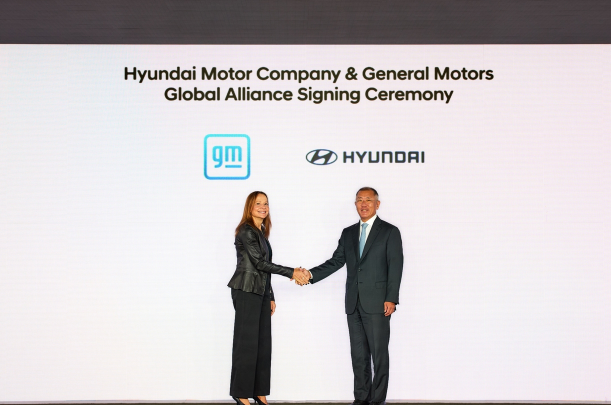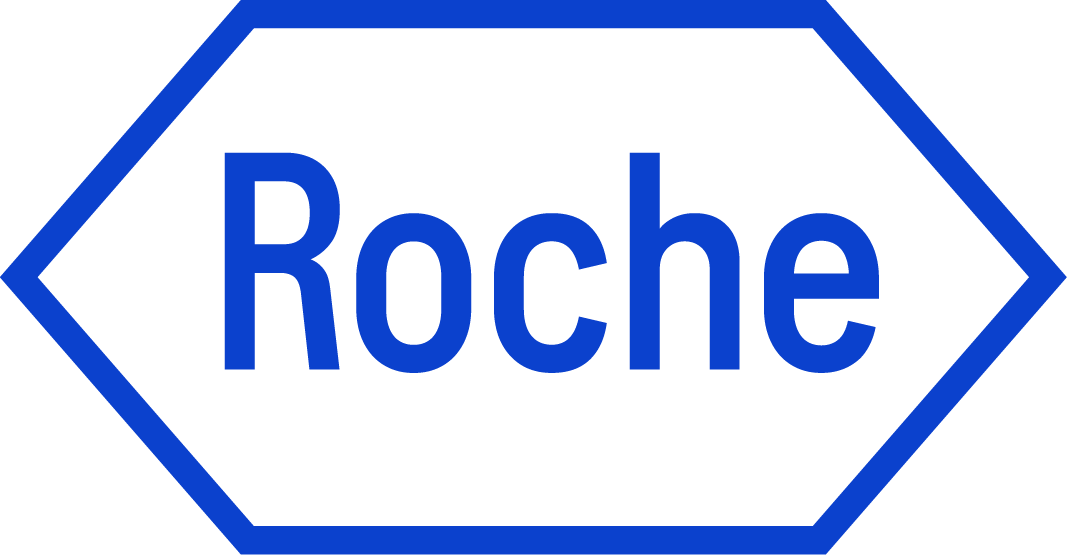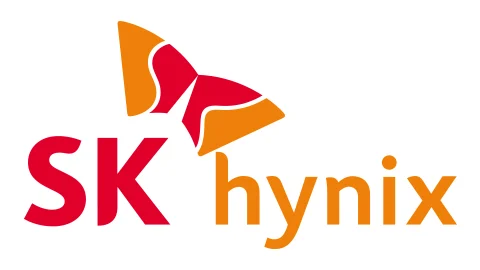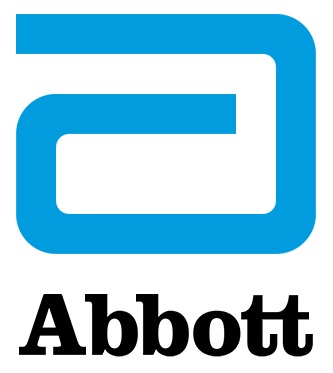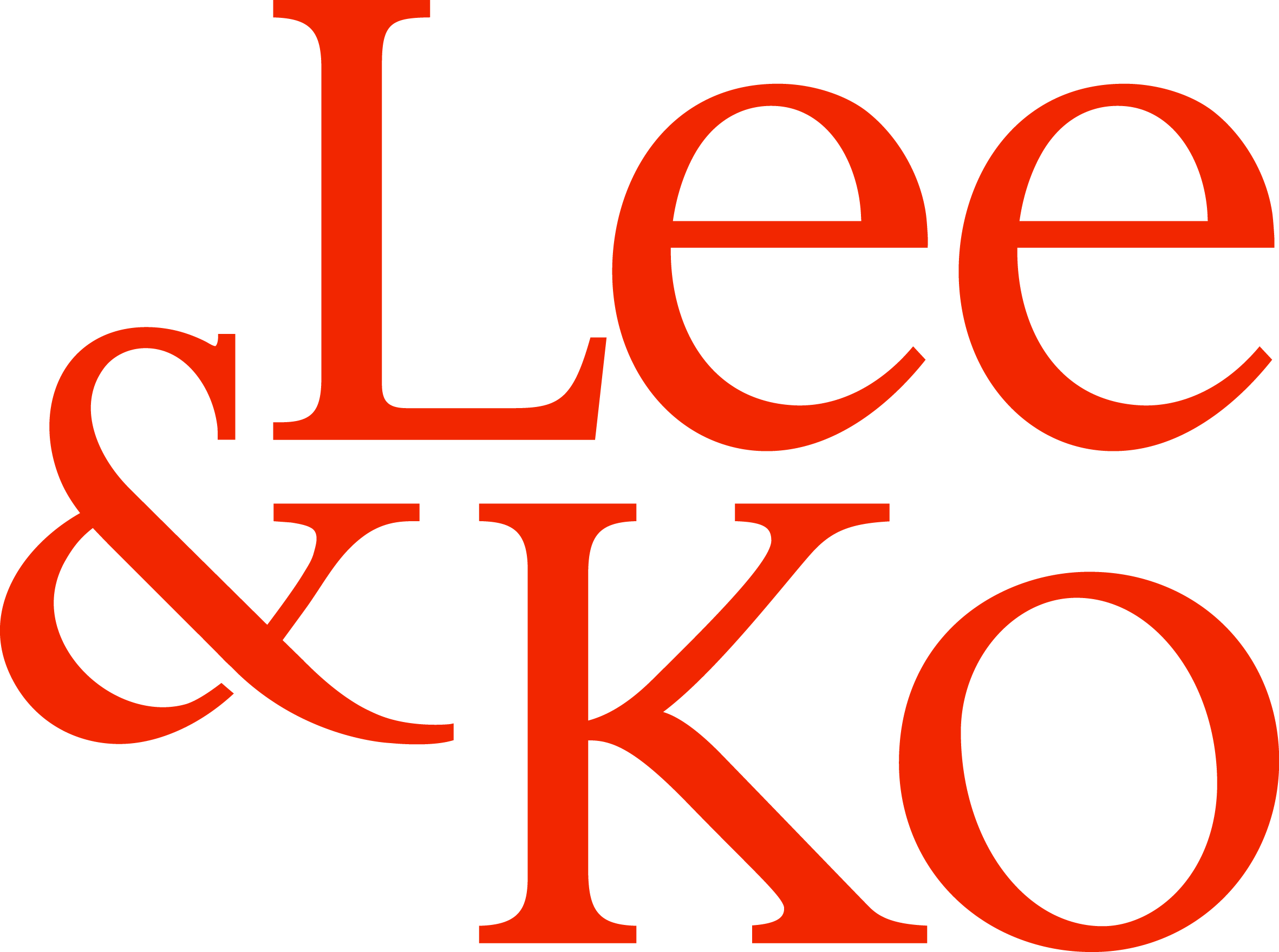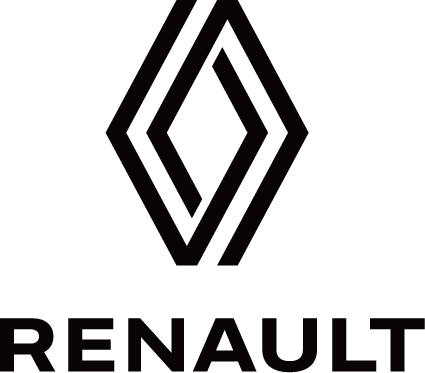Hyundai, GM to build pickups, EVs in new
sweeping alliance
By Byun
Hye-jin, The Korea Herald - Hyundai Motor Company and General Motors are
joining forces in one of the biggest global automotive tie-ups to date.
The two
companies aim to co-develop five new vehicles — including hybrids, gas-powered
models and electric vans — to expand their presence across the entire American
market and better navigate US tariff pressures.
Hyundai Motor
said Thursday it will jointly develop five vehicles with GM. Four, including
pickups, a compact car and a small SUV with internal combustion and hybrid
options, will be for Central and South America, and one electric commercial van
for North America.
Production is
set to begin in 2028 with an annual capacity of over 800,000 units. Hyundai
will lead development of the compact models and electric van, while GM will
take charge of the midsize pickup platform.
This joint
venture, which was first announced in September last year, marks a significant
milestone in the strategic partnership between Hyundai, the world’s No. 3
automaker by sales, and GM, ranked No. 5.
“Through our
strategic partnership with GM … we can provide customers with exceptional
design, superior quality, a strong commitment to safety and cutting-edge
technology more efficiently than ever before,” said Hyundai Motor Company CEO
Jose Munoz.
According to a
Hyundai Motor Company spokesperson, “the two companies will work together to
jointly create new vehicle platforms.”
“However,
specific details regarding the production facilities and the models to be
manufactured have yet to be finalized.”
Although
Hyundai and GM will share common vehicle platforms, “each company will sell
these vehicles under their own brands with unique interior and exterior
designs,” stated Shilpan Amin, chief procurement and supply chain officer of
General Motors, in a separate press release.
A source
familiar with the matter, speaking on condition of anonymity, noted, “While the
two companies will each retain the sales revenue from the jointly developed
vehicles independently, they will jointly bear the costs and responsibilities
of technology development.”
Industry
watchers indicate that Hyundai and GM are expected to maximize each other’s
strengths and offset weaknesses to create a win-win partnership.
“On Hyundai’s
part, it could capitalize on GM’s expertise in pickup trucks and car parts
sourcing in the US, and GM could benefit from Hyundai’s advanced electric,
hybrid and compact vehicle technologies,” said Lee Ho-geun, an automotive
engineering professor at Daeduk University.
Kim Pil-su, a
car engineering professor at Daelim University, noted, “It may look like
Hyundai could be giving more than what GM has to offer, considering that the
Korean carmaker is poised to target the Latin American pickup market, which is
smaller than the US market dominated by GM.”
The US is the
world’s largest pickup truck market. As of last year, it was valued at $77.6
billion and is projected to grow at a compound annual growth rate of 2.3
percent from 2025 to 2034, according to a report by Global Market Insights.
Kim explained
that by manufacturing jointly developed pickup trucks in GM’s automotive plants
outside the US, the US auto giant can mitigate the impact of reduced operating
rates due to US tariffs. GM currently operates four car manufacturing and
assembly plants in Mexico and Canada.
“Hyundai
Motor, however, can partly ease US tariff pressures, utilizing GM’s
well-established auto parts supply chain in the US. This could lower costs in
vetting and securing local parts suppliers,” Kim said. Due to 15 percent
tariffs on Korean-made cars, the Korean auto manufacturer has been accelerating
its plan to expand car parts sourcing in the region.
Combining
Hyundai’s hybrid technology with GM’s pickup platform can also strengthen both
companies’ footing in the global market. The global hybrid pickup market is
projected to grow from an estimated $11.5 billion in 2024 to about $25.3
billion by 2033, according to Verified Market Reports.
Source: https://www.koreaherald.com/article/10549280




